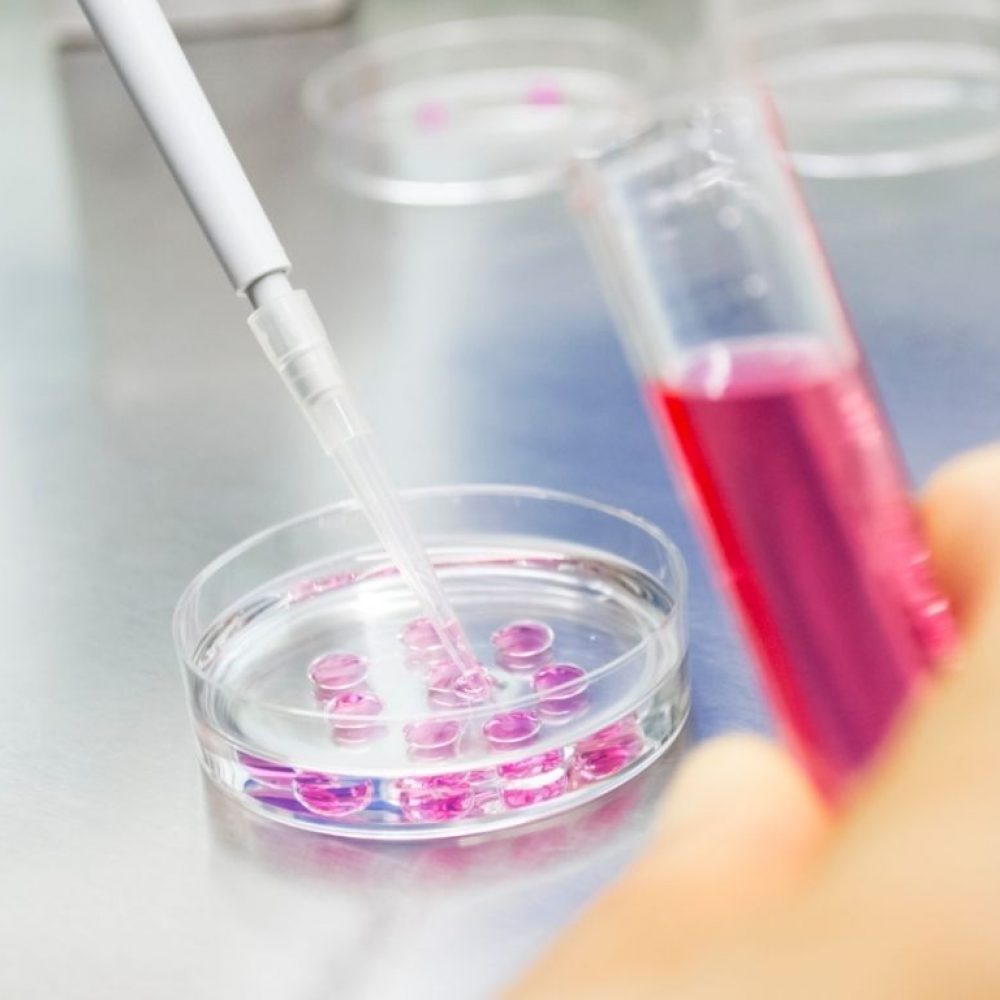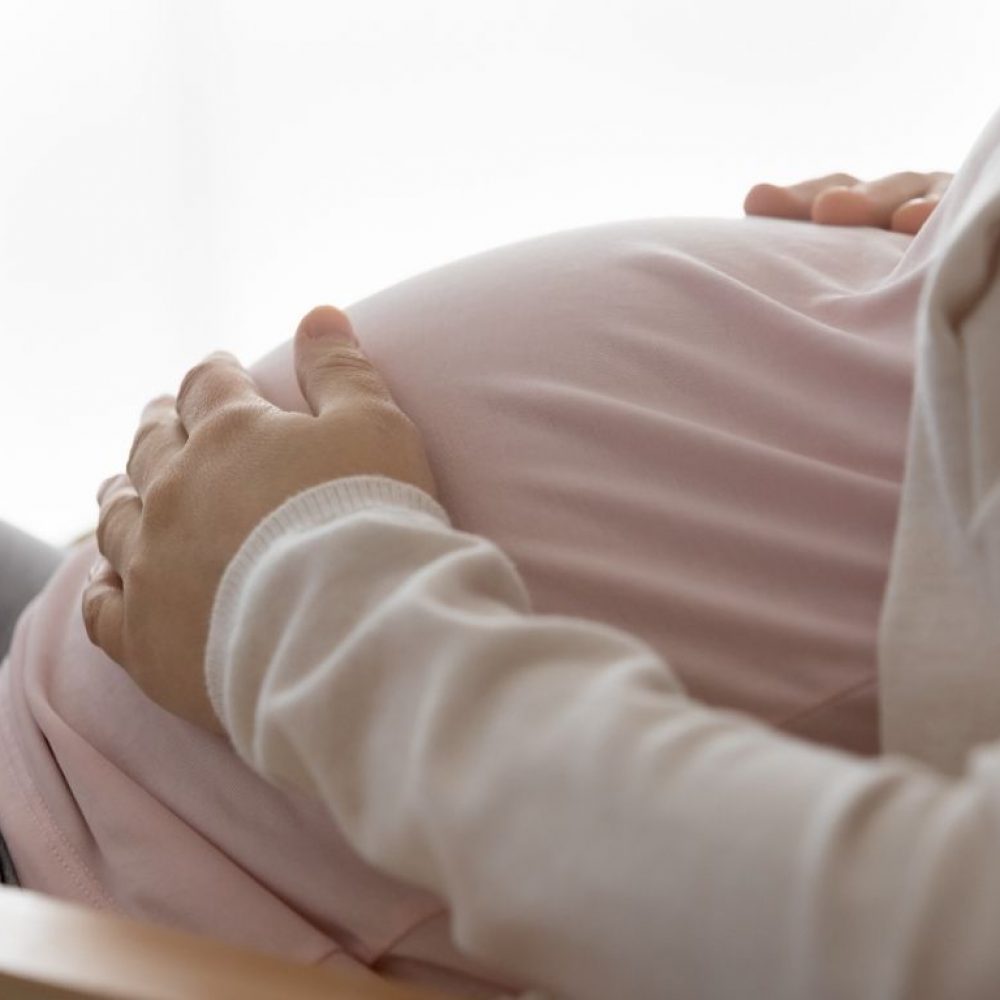Insemination
Intrauterine insemination is a timed infertility treatment procedure, during the course of which the best quality sperm are injected into the uterine cavity using a fine catheter.
Sperm from a woman’s spouse, a specific male to whom she is not married, or a donor sperm can be used for insemination procedure. IUI is indicated if the cause of infertility is the mild pathology of sperm, problems with the cervix, or if the cause of infertility is unclear.
At the beginning of infertility treatment, the performance of 3-6 IUI procedures is justified, provided that the woman's fallopian tube(s) are passable.



